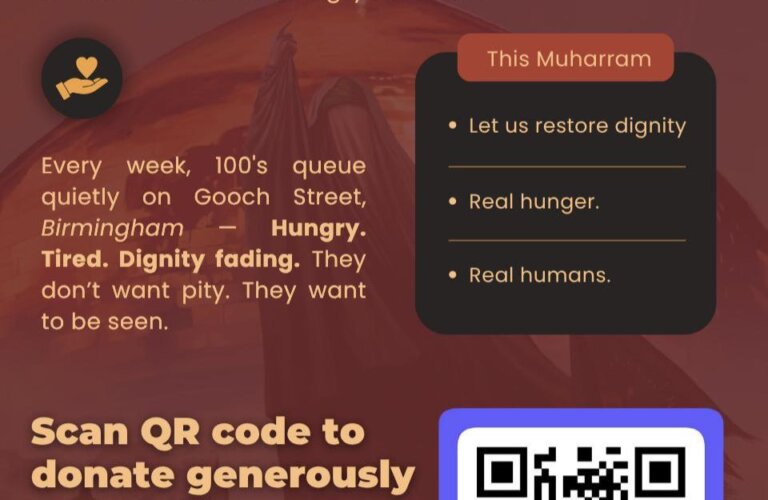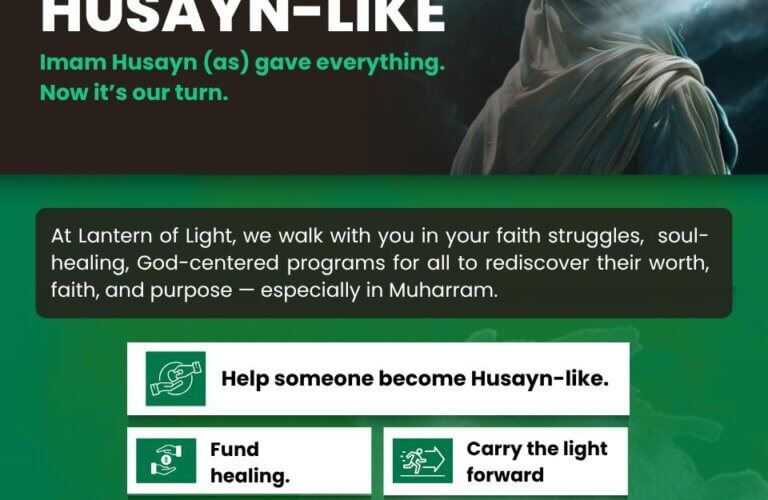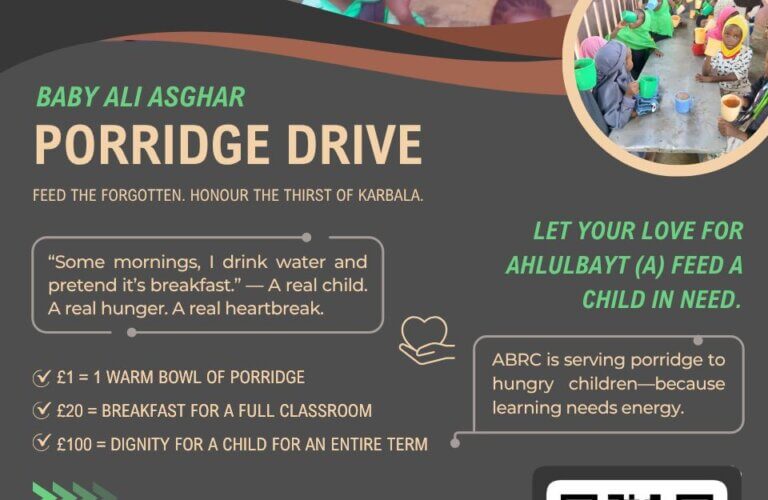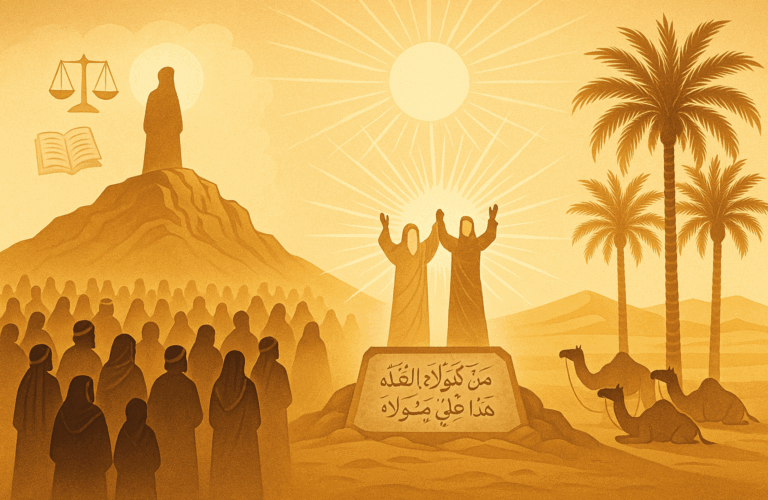The most vulnerable of refugees – Sudan’s women and children
A refugee. The word carries with it such weight.
Most of us only empathize with the five-minute advert seen on television regarding such a vast issue, yet the 2023 refugee crisis is worse off than ever. Ukraine’s ongoing war with Russia, A cost of living crisis, mass immigration, and so much more pins the refugee crisis as the byproduct of the geopolitical wars and proxy battles. From an Islamic perspective, the disciplines of war require that women and children should not be harmed and must be taken care of in such dire situations, in the case of Sudan and the world that is sadly not the case.
A background on women’s health and safety in Sudan.
When looking at women’s health and safety, let’s examine the background of the situation regarding women’s health directly in Africa and how the Sudanese conflict increases the ever-growing disparity in the issue.
Looking at Sudan, its health system is not one of the strongest in the world, with its mix of private and public health care, most of its privatized healthcare is supported by funding from NGOs and charitable organizations. According to UN statistics, the top causes of death in Sudan were already caused by communicable infectious diseases, with the highest contributing factor being caused by maternal, perinatal, and nutritional conditions. Sadly, over the last twenty years, the UN has reported that Ischaemic heart disease was responsible for the largest increase in deaths – more than 2 million – over the last two decades alone.
But the more critical condition amongst women has been mortality caused by neonatal conditions. Amongst females, this has been the top cause of death over the last twenty years, with official numbers from the WHO database dictating 111.25 deaths per 100 000 population. We have to understand that as Muslims, such a tragedy cannot pass us while we close our eyes and do nothing. For saving a soul is the reward of paradise and more. “For whoever saves one – it is as if he had saved mankind entirely. And our messengers had certainly come to them with clear proofs” (5:32).
The status of the Sudanese crisis
Seeing the status of Sudan’s current health crisis, there is a clear indication to see how much the country struggles even before the war began. But what I would like to highlight is what’s being showcased in the media currently. Douglas Currie, a writer from the Guardian expressed his concern stating that he is waiting for the UK’s involvement in dealing with the crisis that has unfolded in Sudan. Do we as Muslims wait upon others before taking action ourselves? A refugee crisis is currenlty rampant, and it is our duty to help in whatever way we can, weather through time, money or awareness we must stop anything that hinders this.
With the new “stop the boats” bill we can deliberately see the bias against the Sudanese crisis compared to the quick action taken by their Western counterparts. This would impact the most vulnerable of people including women and children who are now displaced by the thousands when trying to flee the country.
The current status of the country is as follows: One-third of the population (a staggering 15.8 million people) needs humanitarian aid. At least 4 million children and pregnant and lactating women are severely malnourished. Some 3.7 million people are internally displaced, mostly in Darfur, and with the capital Khartoum being a war zone, the Sudanese people and their welfare are currently on their knees.
The BBC has provided satellite imagery of a village near Nyala in South Darfur, its state being almost burnt to the ground. Civilians, especially women are stuck between the crosshairs of the fighting, digging ditches and trying desperately to protect their children. Right now the ceasefire that has been mediated between both my and the paramilitary Rapid Support Forces (RSF) has stabilized the conflict, but the damage it has caused to hospitals and schools has been more detrimental than predicted.
From an Islamic perspective, it is noted that we must under any circumstances (if we are in the circumstances which allow us) pay zakat on ⅕ of our savings. This form of payment is an indication of how charity is so vital to our religion. Within Islam, the emphasis on helping others who are less fortunate than ourselves is immense, with the benefit of its reward being great. As Imam Ali said Charity is the key that unlocks the door of mercy and blessings, for when you give, you not only nourish the needy, but you also enrich your own soul.” we as an ummah must band together, pooling our resources to ensure that every soul is taken care off.
Article contributed by Zahra Jawad
Links:
https://www.rescue.org/uk/article/why-rishi-sunaks-stop-boats-bill-wont-work
https://www.theguardian.com/world/2023/may/01/will-britain-welcome-refugees-from-sudan
https://www.unwomenuk.org/campaigns/emergency-appeal-sudan/
https://www.who.int/data/gho/publications/world-health-statistics
Picture shared
courtesy of Al Jazeera





Comments